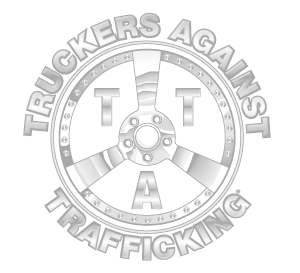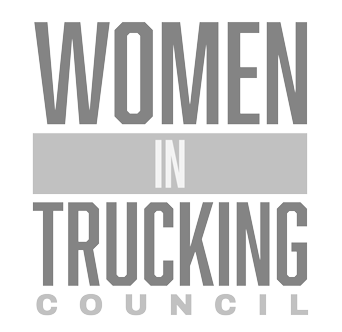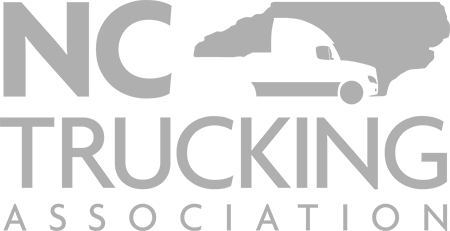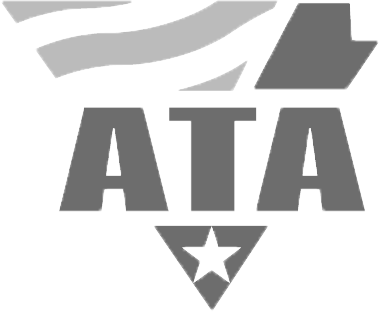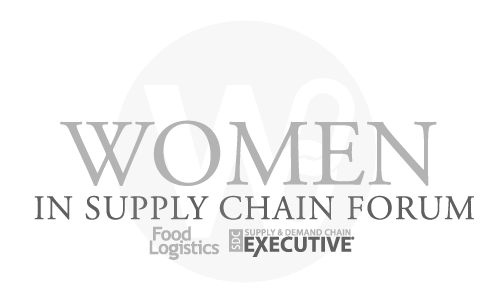The automotive industry is a global titan, and Mexico has emerged as an indispensable manufacturing powerhouse within its expansive supply chains. The intricate network of production, assembly, and distribution that spans North America relies heavily on Mexico’s strategic geographic position and skilled workforce. Consequently, for businesses operating in this sector, the critical objective is clear: focusing on Building Resilient Mexico Automotive Supply Chains. This proactive approach ensures stability, efficiency, and adaptability in the face of inevitable disruptions. Understanding the evolving landscape and implementing robust strategies is paramount for long-term success in this dynamic environment. For a deeper dive into de-risking cross-border movements, consider our previous insights on optimizing and securing US-Mexico cross-border logistics.
The Strategic Importance of Mexico’s Automotive Manufacturing Hub
Mexico’s role in the North American automotive sector cannot be overstated. Its close proximity to the United States and Canada, coupled with favorable trade agreements like the USMCA, has fostered a robust ecosystem of vehicle assembly plants and a vast network of Tier 1, 2, and 3 suppliers. This integration minimizes transit times and logistical complexities compared to overseas sourcing, making it a cornerstone of nearshoring strategies. The availability of a cost-effective and skilled labor force further solidifies Mexico’s position as a preferred location for automotive manufacturing, driving significant investments and job creation. This strategic importance underscores why fostering resilience in these supply chains is not just an advantage, but a necessity.
Current Challenges Impacting Automotive Supply Chain Efficiency in Mexico
Despite its strategic advantages, Mexico’s automotive supply chains face a myriad of challenges that can impact efficiency and hinder the pursuit of Building Resilient Mexico Automotive Supply Chains. These issues range from infrastructure limitations and border congestion to regulatory complexities and economic volatility. For instance, currency fluctuations can significantly impact the cost of imported raw materials and components, adding an unpredictable element to budgeting and pricing. Additionally, issues like insufficient logistics infrastructure, the need for improved digital connectivity, and the development of human capital are frequently cited areas requiring attention for Mexico to fully capitalize on its nearshoring potential.
Common challenges include:
- Infrastructure Gaps: Road networks, rail capacity, and port facilities sometimes struggle to keep pace with the immense volume of automotive freight.
- Border Delays: High volumes and varying customs procedures at border crossings, particularly the busy Laredo Gateway, can lead to significant delays and unpredictable lead times.
- Security Concerns: Theft and security risks on transit routes remain a concern, requiring robust protective measures for high-value automotive components and finished vehicles.
- Supplier Dependency & Concentration Risk: Over-reliance on a limited number of suppliers can expose the chain to significant vulnerabilities if one source faces disruption.
- Regulatory and Compliance Shifts: Navigating complex and evolving trade regulations, including USMCA provisions, demands constant vigilance and expertise.
Core Strategies for Building Resilient Mexico Automotive Supply Chains
To overcome these challenges, automotive companies must adopt multi-faceted strategies aimed at enhancing robustness and agility. Building Resilient Mexico Automotive Supply Chains involves a commitment to diversification, strategic partnerships, and continuous improvement. One key strategy is to thoroughly assess existing supplier networks and proactively identify single points of failure. Implementing dual-sourcing or multi-sourcing strategies for critical components can provide crucial alternatives during disruptions.
Moreover, fostering strong, transparent relationships with logistics providers and suppliers is vital. This enables better communication, collaborative problem-solving, and shared understanding of potential risks. Engaging with expert cross-border service providers, such as those detailed on our Cross-Border USMCA services page, can significantly mitigate risks associated with customs, border delays, and intra-Mexico movements. These partnerships can provide specialized knowledge and operational fluidity.
Leveraging Technology for Enhanced Visibility and Agility
In today’s interconnected world, technology is no longer an option but a cornerstone for Building Resilient Mexico Automotive Supply Chains. Advanced telematics, real-time tracking, and data analytics provide unprecedented visibility into every stage of the supply chain, from raw materials to finished vehicles. This real-time data allows for proactive decision-making, enabling companies to anticipate and react swiftly to disruptions. For instance, predictive analytics can forecast potential delays due to weather, border congestion, or political events, allowing for rerouting or alternative arrangements.
The integration of Transportation Management Systems (TMS) with Enterprise Resource Planning (ERP) systems offers a holistic view of operations, improving planning accuracy and operational efficiency. Furthermore, the use of open-API GPS links, as highlighted in our company’s capabilities, facilitates 100% real-time visibility, crucial for managing time-sensitive automotive shipments. Digital platforms that enable seamless communication and data exchange between all supply chain partners further enhance agility and responsiveness.
Best Practices in Risk Mitigation and Supplier Diversification
Effective risk mitigation is central to Building Resilient Mexico Automotive Supply Chains. This involves a comprehensive approach that extends beyond simply having backup suppliers. Companies should develop detailed contingency plans for various scenarios, including natural disasters, political instability, labor disputes, and cyber-attacks. Regularly auditing supplier performance and financial stability can help identify potential risks before they materialize.
Supplier diversification is a critical best practice. This means not only sourcing from multiple geographic regions but also developing relationships with suppliers of varying sizes and capabilities. For instance, fostering a mix of large, established suppliers and agile, innovative smaller partners can offer a broader range of solutions and flexibility. Beyond direct suppliers, considering diversification in logistics routes and transportation modes can also reduce reliance on single pathways. Engaging in regular stress tests of the supply chain network can reveal vulnerabilities and areas for improvement.
The Road Ahead Optimizing Mexico’s Automotive Logistics
The future of Mexico’s automotive supply chain is one of continued growth and evolution, demanding persistent efforts towards optimization and resilience. As nearshoring trends intensify, the need for robust and flexible logistics solutions becomes even more critical. Companies that invest in advanced technology, forge strategic partnerships, and prioritize diversified sourcing will be best positioned to thrive.
Optimizing Mexico’s automotive logistics requires a commitment to continuous improvement in areas such as customs clearance, infrastructure development, and data-driven decision-making. Working with logistics providers who offer comprehensive supply chain solutions, including cross-docking, consolidation, and detailed supply chain reviews, can provide a significant competitive edge. By embracing these strategies, the industry can ensure that the journey of Building Resilient Mexico Automotive Supply Chains leads to sustainable success and continued growth in this vital North American trade corridor.
Have questions? Contact us here.



